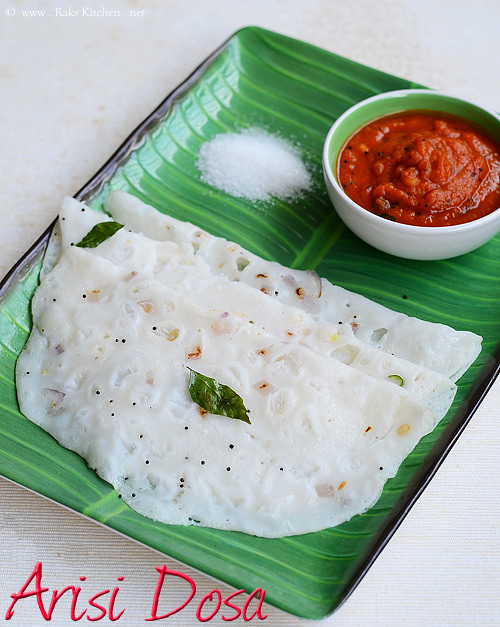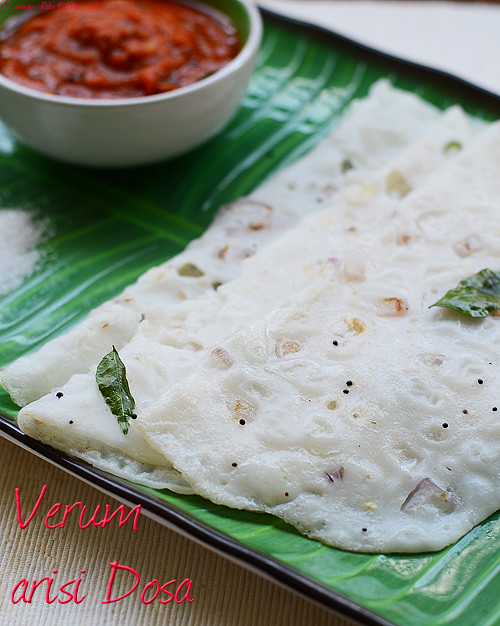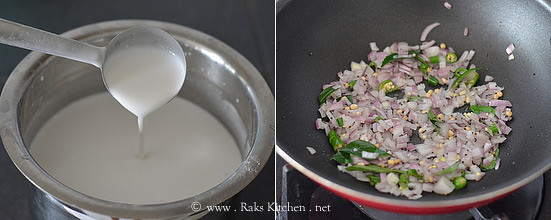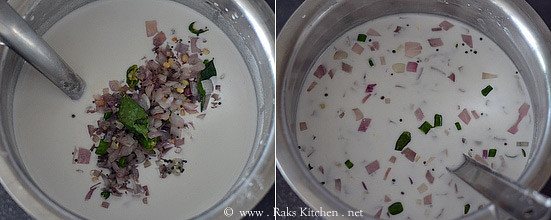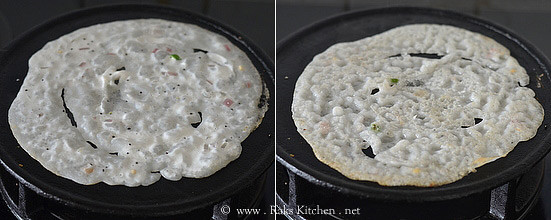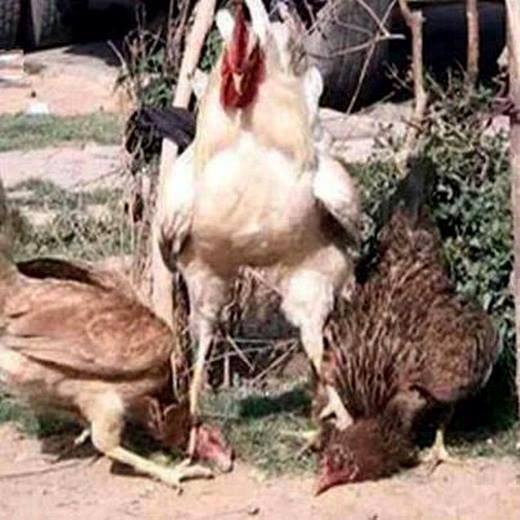| Food Security Bill - Boon or Bane?
| |
· The Food Security Bill has been tabled and passed by the Lok Sabha or the lower house of the Parliament of India. From here the bill will move to the Rajya Sabha or the upper house and then go to the President for the final signature. Once the signature is secured then this becomes the law of the land. There has been quite a furor in the media about this bill, is it good, or is it bad? Let's see what this means for us:
· What is the bill all about anyway?
· The Food Security Bill has been tabled with the noble intention of providing food grains to the poor of India at very subsidized rates, so that even someone who is below the International poverty line (earning less than $1.25 a day –according to the World Bank, 2008)
· The bill aims to provide subsidized food grain to around 67 percent of India's 1.2 billion people*. As per the provisions of the bill, beneficiaries would get rice at Rs 3/kg, wheat at Rs 2/kg, and coarse grains at Rs 1/kg. These rates would be valid for three years. Every pregnant woman and lactating mother would get free meal during pregnancy till six months after child birth. They will also get a maternity benefit of Rs 6,000 in installments. Children up to 14 years would get free meals. In case of non-supply of food grains, states will have to pay food security allowance to beneficiaries.*
· The Good
· Is,of course, the intention. India is home to approximately one-third of the world's poor with approximately 70% of the population living at less than $2 a day*. Given the exchange rate and the beating that the rupee has taken to the dollar, this number would have swelled. The plunging value of the Rupee is another evil plaguing the system which we will not discuss now. Coming back to the topic, with such a large percentage of the population living in such conditions it would only be humane to provide food grains to them at subsidized rates, given the fact that food grain production is at a high and most of it is going waste due to poor infrastructure. The wastage of precious food grain and the plight of the farmer is another evil plaguing the system which we will not discuss now. It is definitely a better idea to distribute this to the poor than to let it rot and spoil.
· The idea also is that if the poor are well fed then schemes like the NREGA (National Rural Employment Guarantee Act) will benefit, a fit worker will work more and harder leading to an overall rise in rural productivity. Sound logic.
· The Bad
· Is, of course, the intention. If the intention was to feed the poor then why wasn't this bill passed a year or two ago. Why pass it on the cusp of the elections to the Lok Sabha? A vote gathering tactic? Or genuine concern, the interpretation is yours, dear reader.
· There can be another argument that giving away free food is fine but what does one do when people realize that they don't need to work hard for food and the government is providing them with what they need. They may stop being productive and become lazy. And will they stop at food? They may demand free clothing and free places to stay. What prevents the Government, four years hence, to come up with a clothing security bill? Or a "Right to own a Television" bill? Where do we draw the line? Food for thought, isn't it (please pardon the pun, dear reader!).
· Then there is the question of the track record of this Government, which has been absolutely wonderful given the spotless record of its members and the wonderful ability to execute all plans to perfection, the future seems bright! Please pardon the sarcasm, dear reader, with scams abound can we genuinely believe that the right amount of grain will reach the right people? Again something which we will not discuss now.
· Do we have the infrastructure to ensure that the food grain is properly distributed? What will we use? Trucks, Trains? With burgeoning diesel prices and poor power infrastructure, can we assure all those poor people that the food grain will reach them? Can the Government bear subsidies on food and diesel? Unanswered questions these.
· And The Ugly, oops meaning the Numbers
· Coming to the crux of this issue. With no balance in the balance of payments, will adding this huge cost help the Government in any way? A closer look at the numbers below:
· Number of people living below the poverty line in India - 68.7% of the population of 1.2 billion (according to Wikipedia). That works out to 824 million people who, according to the bill will get 5 kg of rice, wheat and coarse cereals per month per individual at a fixed price of Rs 3, 2, 1, respectively. To put things in perspective the population of the US stands at 300 million, Brazil at 193 million and Indonesia at 237 million (these are the world's most populous countries after China and India).
· Source: Wikipedia
· The government estimates suggest that food security will cost Rs 1,24,723 crore per year. But that is just one estimate. The Commission for Agricultural Costs and Prices (CACP) of the Ministry of Agriculture in a research paper titled National Food Security Bill – Challenges and Options puts the cost of the food security scheme over a three year period at Rs 6,82,163 crore. During the first year the cost to the government has been estimated at Rs. 2,41,263 crore. Another economist writing for The Indian Express put the cost of the bill at Rs 3,14,000 crore or around 3% of the gross domestic product (GDP)#.
· In order to properly understand the situation we need to express the cost of food security as a percentage of the total receipts (less borrowings) of the government.
· The receipts of the government for the year 2013-2014 are projected at Rs 11,22,799 crore. Food security will also mean a higher expenditure for the government in the days to come. The government's estimated cost of food security comes at 11.10% (Rs 1,24,723 expressed as a % of Rs 11,22,799 crore) of the total receipts. The CACP's estimated cost of food security comes at 21.5% (Rs 2,41,623 crore expressed as a % of Rs 11,22,799 crore) of the total receipts. According to the Indian Express on July 6th, 2013, the cost of food security comes at around 28% of the total receipts (Rs 3,14,000 crore expressed as a % of Rs 11,22,799 crore)#.
· Once we express the cost of food security as a percentage of the total estimated receipts of the government, during the current financial year, we see how huge the cost of food security really is. This is something that doesn't come out when the cost of food security is expressed as a percentage of GDP. In this case the estimated cost is in the range of 1-3% of GDP. But the government does not have the entire GDP to spend. It can only spend what it earns.
· Conclusion
· While the intentions behind the Food Security Bill are good, it has clearly not been thought through by the people pushing the bill and will become another major drain on the exchequer of the nation. Instead of dolling out freebies to the people, the Government should come up with long term measures that will genuinely bring people out of poverty and make them more prosperous, rather than engaging in measures that are costly, short-term and can have a backlash which we cannot even envisage. Source QMF
· *- Source - Wikipedia
#- Source – Firstpost.








